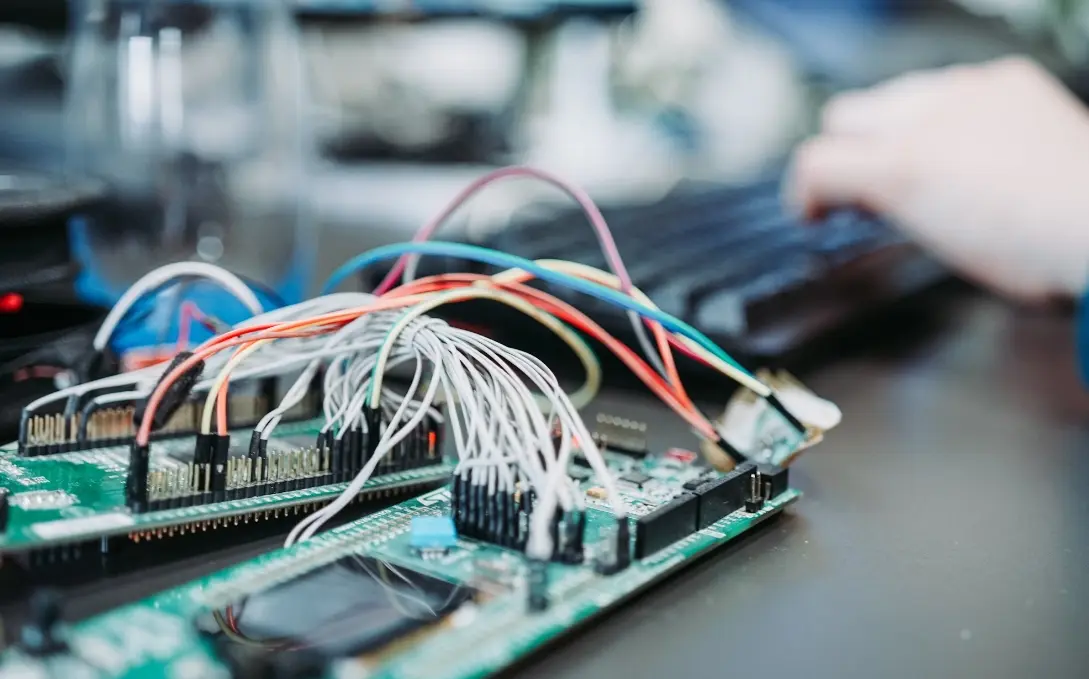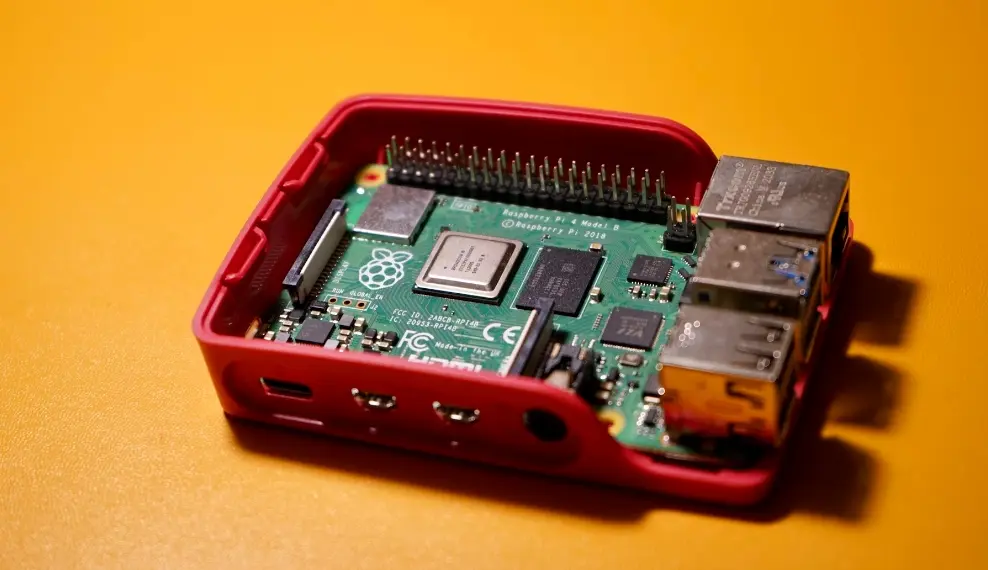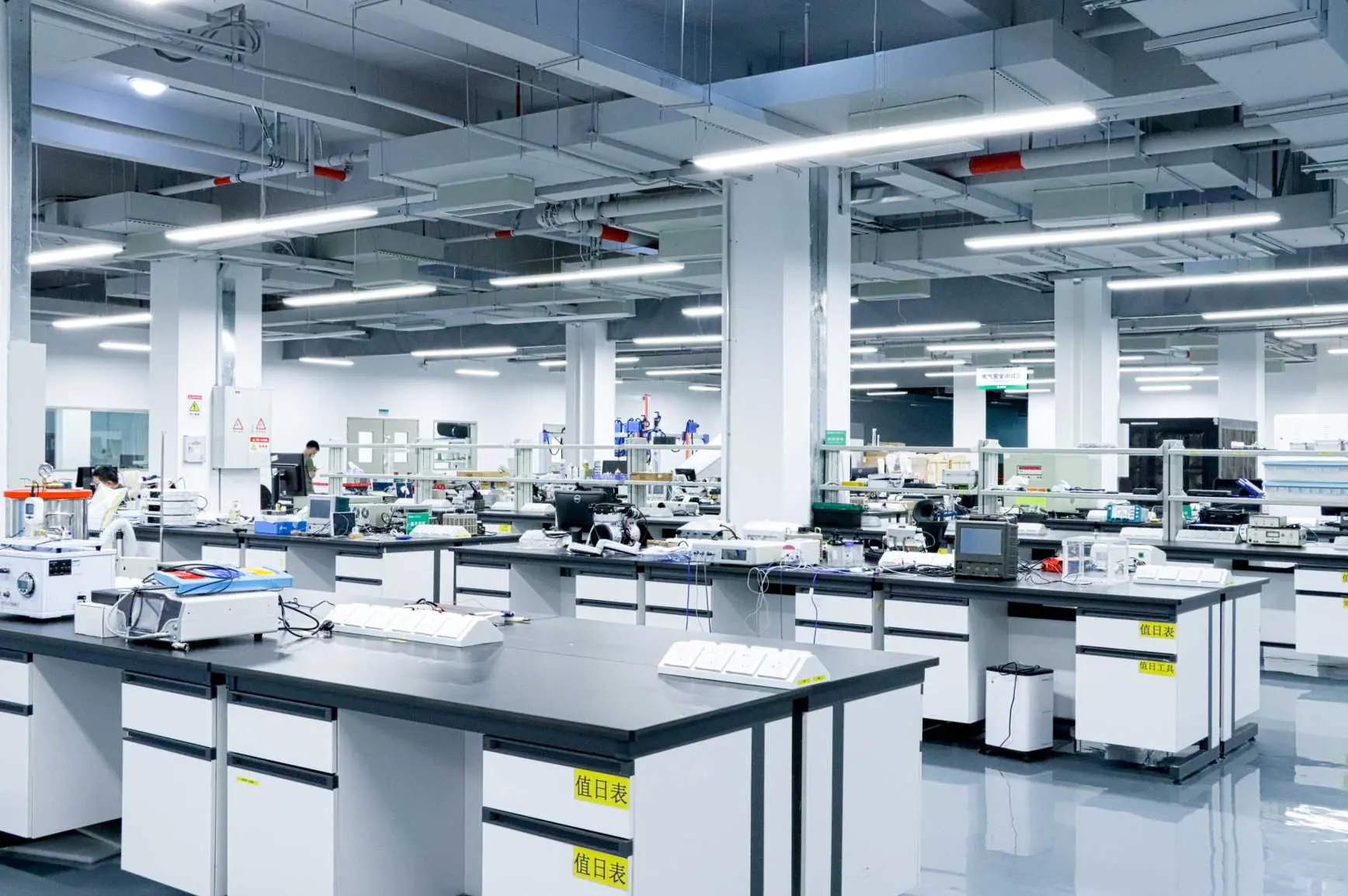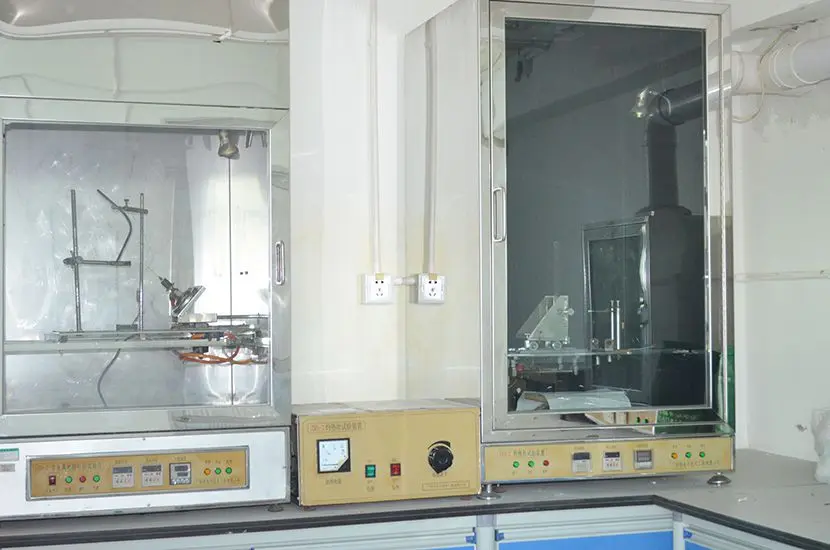
Lithium Battery IEC/EN62133 Testing Laboratory
Lithium batteries are batteries containing lithium in their electrochemical systems, including metallic lithium, lithium alloys, lithium ions, and lithium polymers. Lithium batteries can generally be divided into two categories: lithium metal batteries and lithium-ion batteries. Lithium metal batteries are typically non-rechargeable and contain metallic lithium. Lithium-ion batteries do not contain metallic lithium and are rechargeable.
iec 62133-2 is currently the most widely applied lithium battery safety standard globally. This specification primarily addresses the safety requirements for primary (non-rechargeable) and secondary (rechargeable) lithium cells and batteries with aqueous or non-acid electrolytes, as well as for portable sealed secondary lithium cells and batteries. The latest edition, IEC 62133-2:2017, was published by the International Electrotechnical Commission (IEC) in February 2017 and converted into the European Union's harmonized standard by CENELEC in May 2017.
Within the EU's CE certification system, the safety standard EN 62368-2 for the electrical equipment sector explicitly references the requirements of EN 62133-2 for secondary batteries in Appendix M (Equipment Contains Batteries and their protection circuits). Therefore, when applying for CE certification for consumer electronic products containing lithium batteries, the batteries must meet the requirements of the IEC 62133 standard, typically demonstrated by providing an iec 62133 test Report for the lithium batteries.
The main test items of IEC/EN 62133-2 are as follows:
1. Continuous charging test, specifying that the 7-day charging test is conducted at standard charging voltage;
2. Shell stress test, indicating that this test is only applicable to batteries with molded shell cases;
3. External short circuit test for battery cells, with the environmental temperature changed from the previous 20+/-5 degrees to 55+/- 5 degrees, making it more stringent;
4. External short circuit test for battery packs, with the environmental temperature changed from the previous 55+/-5 degrees to 20+/-5 degrees, becoming more lenient, and introducing the concepts of key component certification and important functional safety assessment;
5. Drop test, adding metal as an optional drop surface;
6. Thermal abuse test, requiring a uniform maintenance time at the highest temperature of 30 minutes;
7. Crush test, requiring a more precise range of force and removing deformation as a test termination condition;
8. Overcharge test for battery packs, changing to 1.4 times the charging voltage for single cell battery packs (but ≤6V), and 1.2 times the charging voltage for multi-cell series, which is more lenient than the previous version;
9. Forced discharge test, adding requirements for discharge voltage and testing time reference according to the discharge curve;
10. Mechanical tests, adding vibration and acceleration shock, and removing the previous requirements referencing transportation standards IEC 62281 and UN 38.3.
Marking requirements
IEC/EN 62133-2 specifies marking requirements in Section 9, where compliant labels should contain the following seven pieces of information:
1. Secondary (rechargeable) Li or Li-ion;
2. Battery or cell designation;
3. Polarity;
4. Date of manufacture (which may be in code);
5. Name or identification of manufacturer or supplier;
6. Rated capacity;
7. Nominal voltage.
Notes
EN 62133-2 is the safety standard for lithium batteries, while EN 62133-1 is the safety standard for nickel batteries.
Email:hello@jjrlab.com
Write your message here and send it to us
 Canada ISED Wi-Fi and Bluetooth RSS-247 Issue 4 Te
Canada ISED Wi-Fi and Bluetooth RSS-247 Issue 4 Te
 Complete Guide to U.S. Toy Compliance Certificatio
Complete Guide to U.S. Toy Compliance Certificatio
 What Is FCC Bluetooth Certification?
What Is FCC Bluetooth Certification?
 FCC Recognized Accredited Testing Laboratory
FCC Recognized Accredited Testing Laboratory
 General Product Safety Regulation GPSR
General Product Safety Regulation GPSR
 Australia Electronic Product Certification
Australia Electronic Product Certification
 Electrical Product Certification in Australia
Electrical Product Certification in Australia
 Restriction of Hazardous Substances RoHS Directive
Restriction of Hazardous Substances RoHS Directive
Leave us a message
24-hour online customer service at any time to respond, so that you worry!




